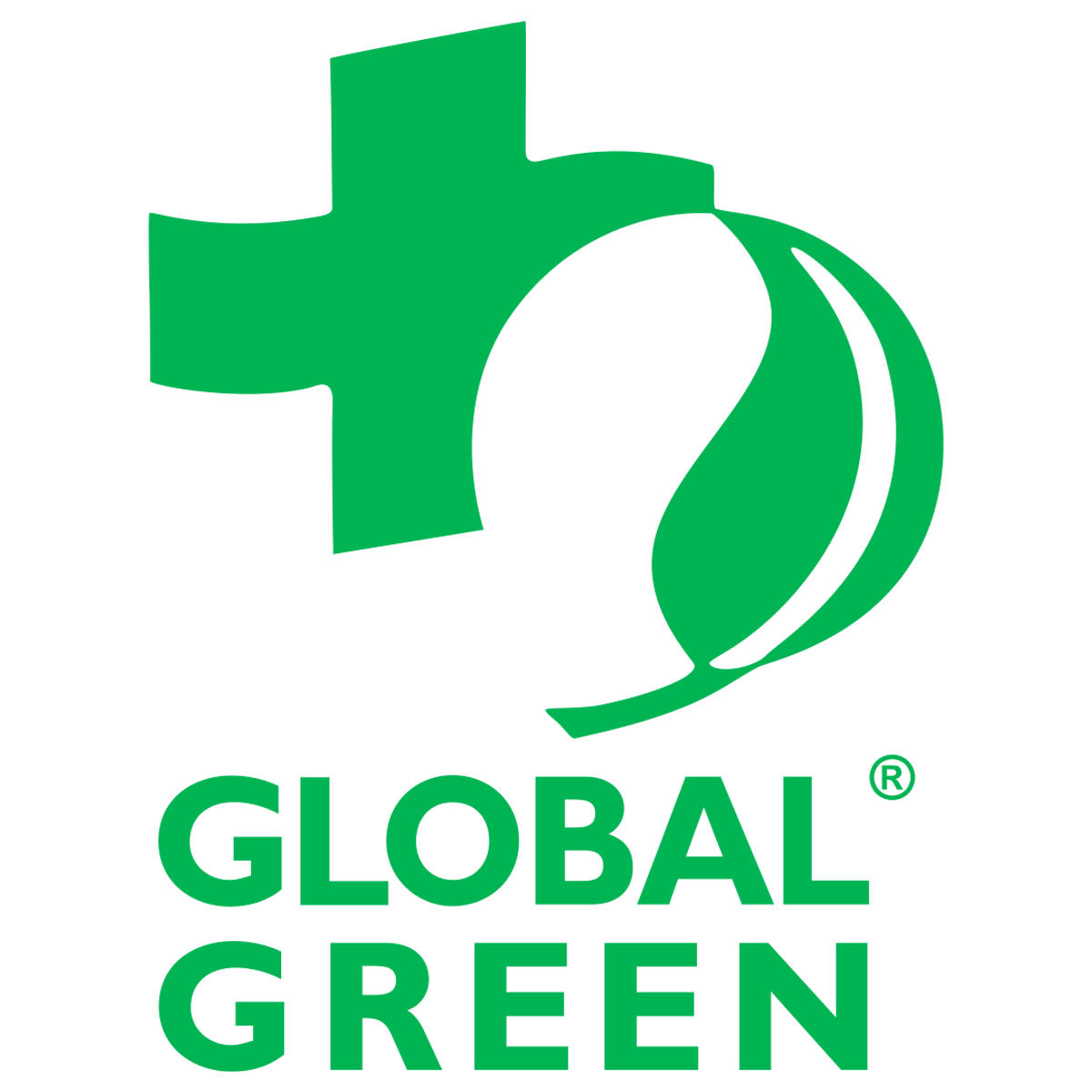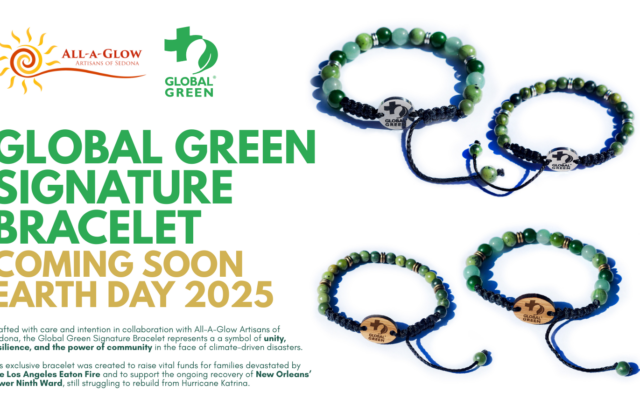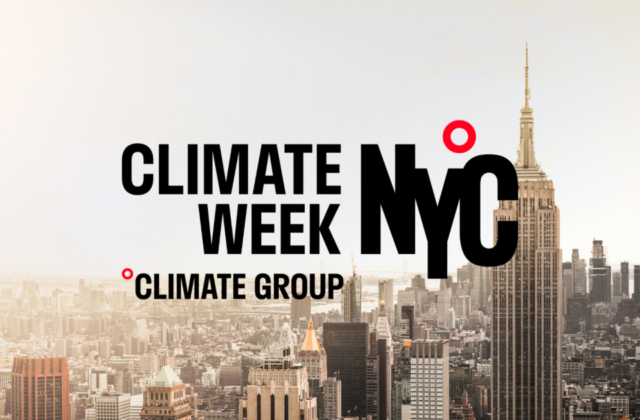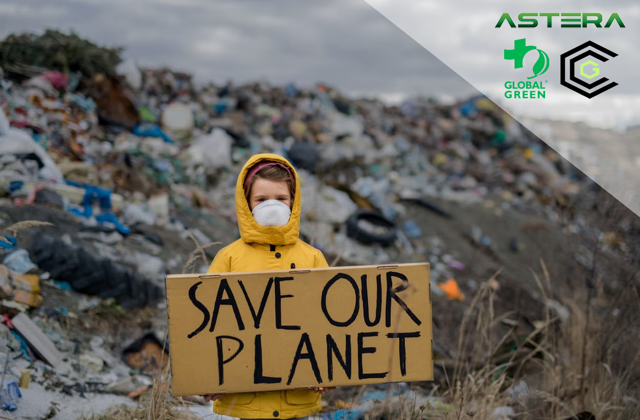RTS – RECYCLE TRACK SYSTEMSMAY 20, 2019
E-waste is growing across the globe, and NYC produces a significant share. Here we take a look at some of the Innovations Tackling Toxic Trash in NYC.
Waste & The Big Apple – Innovations Tackling Toxic Trash in NYC
New York – birthplace of air conditioning, incubator to IBM, historical home of the tech-obsessed Wall Street yuppie, a natural hub for all things electronic. Despite Silicon Valley’s contemporary claims to the circuit-board soul of America, New York has always been at the cutting edge of the world’s ever-advancing technological front. After all, The City That Never Sleeps gets through a lot of lightbulbs.
Unfortunately, once those lightbulbs go dark, the city is facing up to a much bigger problem than a few poorly lit streets. After all, where there’s electronics, there’s e-waste; and as of 2017, the USA was the second largest producer of electronic trash in the world. It’s the toxic legacy of the digital age, with hundreds of chemicals such as lead, mercury, cadmium, brominated flame retardants (BFRs) and polyvinyl chloride (PVC) posing both environmental and public health hazards long after our equipment has fulfilled its use. All that innovation has a rather heavy price.
However, innovation doesn’t stop at the creation of palm-sized electronic devices designed to keep us transfixed to tiny LED screens. It is also opening its lithium-ion-lined wings to the world of recycling, and for many, innovation and technological advances in the private sector are equally as important as the DSNY’s latest push towards zero waste. But what has NYC got to offer a world that is crying out for a recycling revolution? Here, we take a look at a few forward-thinking ideas looking to change the e-waste landscape.
Collection & Sorting
Diverting e-waste away from landfill begins at the source of generation, and ensuring waste is correctly sorted and delivered to the relevant recycling facilities is a huge logistical issue. For e-waste in particular, businesses generally do not require regular collections in the same way they might for plastic, glass, or cardboard. However, one company is addressing this issue by streamlining the collection and sorting process to help reduce e-waste in NYC.
RTS allows users to book on-demand collections through their smartphone app. Hailed as the “Uber of Trash”, RTS has found a new use for the ride sharing technology behind the irrepressible transport firm, connecting users to independent haulers for truly responsive collection services. RTS also offers dedicated e-waste bins to ensure toxic items such as batteries can be stored safely before collection, while staff education also ensures that more waste can be diverted away from landfill.
Reclaiming Materials
Among the biggest challenges facing the e-waste recycling industry is the processing of highly complex waste. An average circuit board contains significant amounts of copper, silver, gold, and palladium, alongside a host of other metals and materials. Not only are these materials difficult to separate from the boards manually, but they also require the use of highly toxic chemicals and acids in order to do so.
Rising to the challenge, New York State based AR&R are streamlining the way circuit boards are processed through its D2000 Circuit Board Depopulator machine. The machine can process around 1 ton of waste per 8-hour shift, reducing both toxic smelting pollution and costs as it does so. It is estimated to be around 50 times faster than manual extraction, and as the global rates of e-waste grow, reducing processing times is a huge step forward.
Reusing Both Working & Non-Working Devices
On the hierarchical waste management pyramid, reuse of waste materials is very close to the top—meaning reusing e-waste in any capacity is highly preferable to recycling or disposal. Donation of working devices that are no longer used is one way to ensure technology fulfills its original potential before recycling, however, the LES Ecology Center has gone one step further by finding practical uses for broken devices.
Whether you’re a film student, a TV auteur, or theatre prop manager, the LES Prop Library in Brooklyn has a huge range of both working and non-working tech for any type of production. Featuring one-of-a-kind items from the vintage to the contemporary, even broken tech can find a new life with a little innovative thinking!




